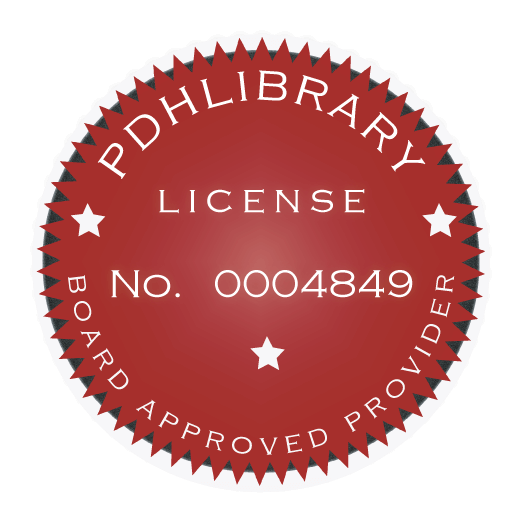Introduction
This course in project management is intended to improve the prospects for existing project managers and would-be project managers to manage a successful project. The simple definition of “successful” has rarely been defined in specific terms of a given project, but a general definition usually encompasses “being on time and being under budget”. Nevertheless, while this definition may be too narrow to satisfy many PM’s and executives, the project is not “successful” unless you combine these two finite factors with a more than satisfactory end result.
The course is divided into two separate parts, each of which is intended to improve the capabilities of a Project Manager or a potential Project Manager. The first part describes the steps necessary to become a top quality PM, and focuses on the background and education necessary to be considered for a project management role. Once an individual has been considered for this very important position, a PM should take advantage of training and experience opportunities that become available and should also maintain a conscientious effort toward self-improvement. Other items in this first part concentrate on developing characteristics of leadership as well as motivational skills that will improve the PM’s efforts to ensure that your project team will work closely with you so that the project’s goals will be met.
The second part of this course deals with the actual fundamentals of managing a project so that a Project Manager and every team member are performing at an optimum level. This section of the course covers the multiple functions of the project, including the activities necessary to assure that engineering, equipment and construction meet the quality objectives of the project. This portion of the course describes techniques to obtain optimum scope and design parameters as well as how to maintain schedule and cost controls. Examples are given of solutions to problems that are encountered as the project unfolds. The PM is made aware of the subtleties that are available to resolve seemingly difficult issues.
In almost all projects the Project Manager and project team members will develop and utilize some core principles. One of those core principles is that the burden of assuring the finite factors in addition to the end result is primarily the responsibility of the PM. The Project Manager not only needs to know what to do, but also “how to do it” and what to do when a difficult situation presents itself. Invariably, the solution is not begun until the PM and/or the project team members recognize that a problem exists. It can then be resolved with training and experience, each of which is an equally valuable commodity. As you will discover by reading and studying this course, having personal discipline is very important to a Project Manager. Another sometimes difficult lesson for most PM’s to learn is that you can’t possibly be everywhere and do everything yourself, so learn to delegate authority by investing your trust in others and discover in this course what you need to know to have a successful project.
Course Outline
A. Qualifications for a Project Manager
1. Background/Education
2. Experience/Training
3. Leadership Qualities
a. Direct Company representative
b. Indirect representative
4. Motivational skills
a. Maintain Unity
b. Maintain Integrity
c. Strive for Excellence
B. Direct Project Responsibilities and Functions
1. Scope of Work
a. Understanding Client Requirements and Goals
b. Assignments and Communications
c. Communicating with Executive Management
d. Preparing Executive Summaries
2. Developing a Budget
3. Scheduling – Understanding Time vs. Costs
4. Engineering and Design
5. Procurement
6. Construction
7. Cost Control and Cost Correction
8. Startup
9. Closing – Achieving Success and Avoiding Failure
Learning objectives
At the conclusion of this course, the student will be able to:
Describe the core principles necessary to be a top-quality Project Manager
Coordinate project efforts with Engineering, Purchasing and Executive Management
Professionally deal with suppliers and contractors
Scope, schedule and budget a project appropriately
Respond to problems and complications with confidence
Report progress in measurable outcomes
Spot opportunities to gain valuable experience for future projects and future promotions

